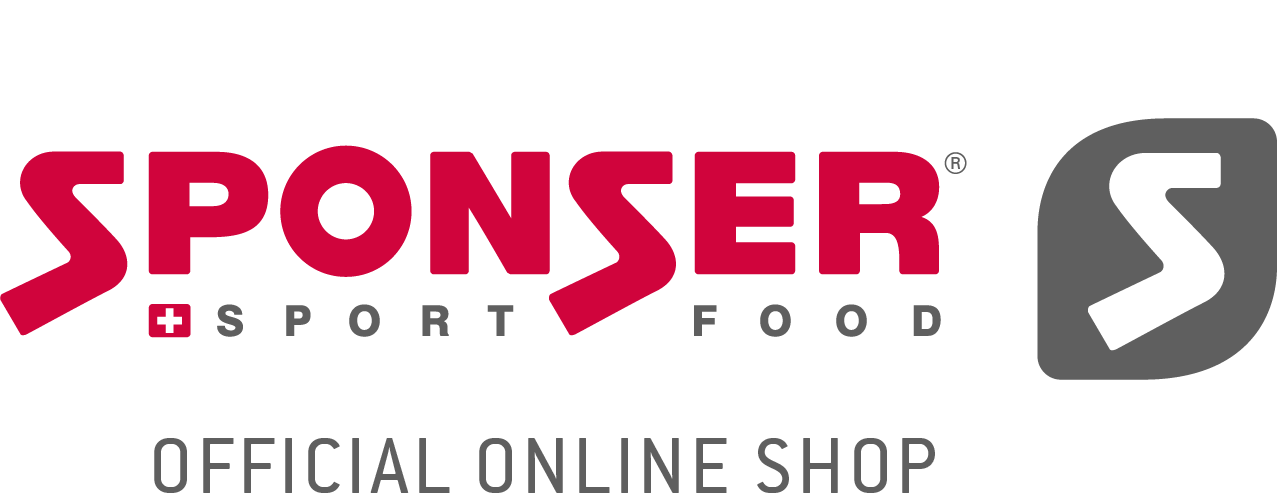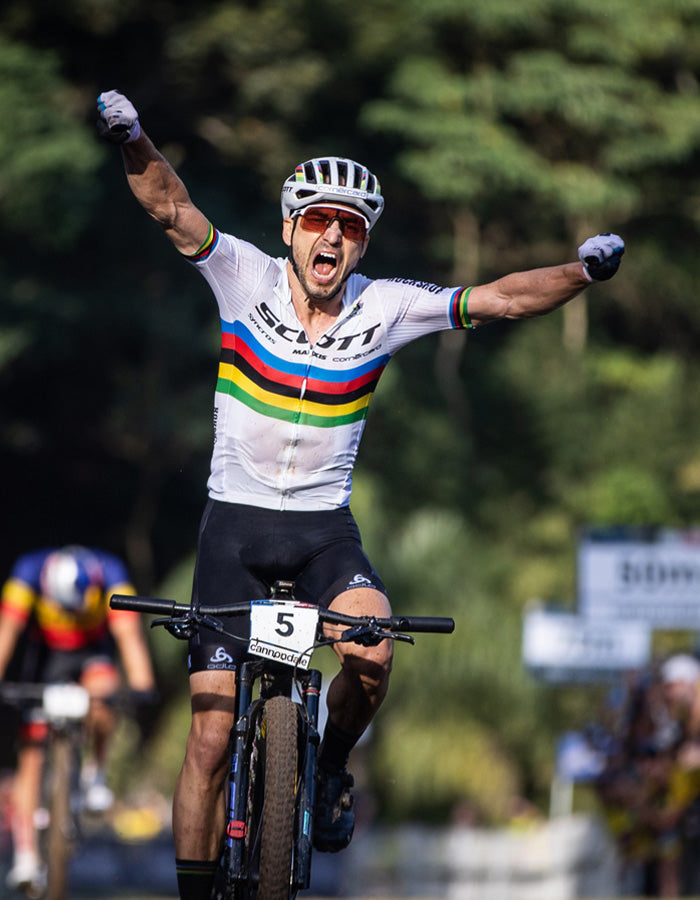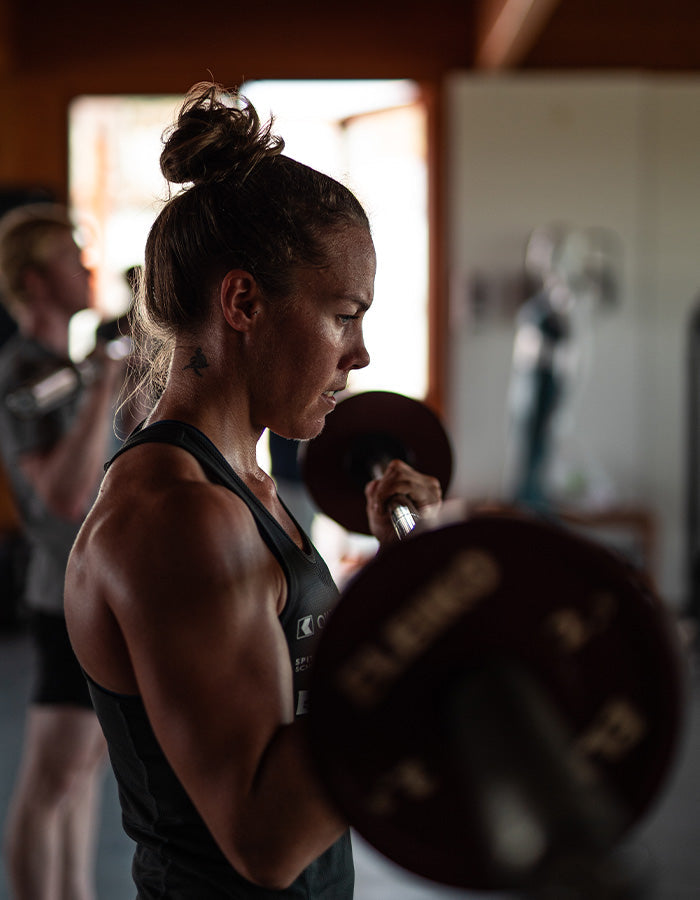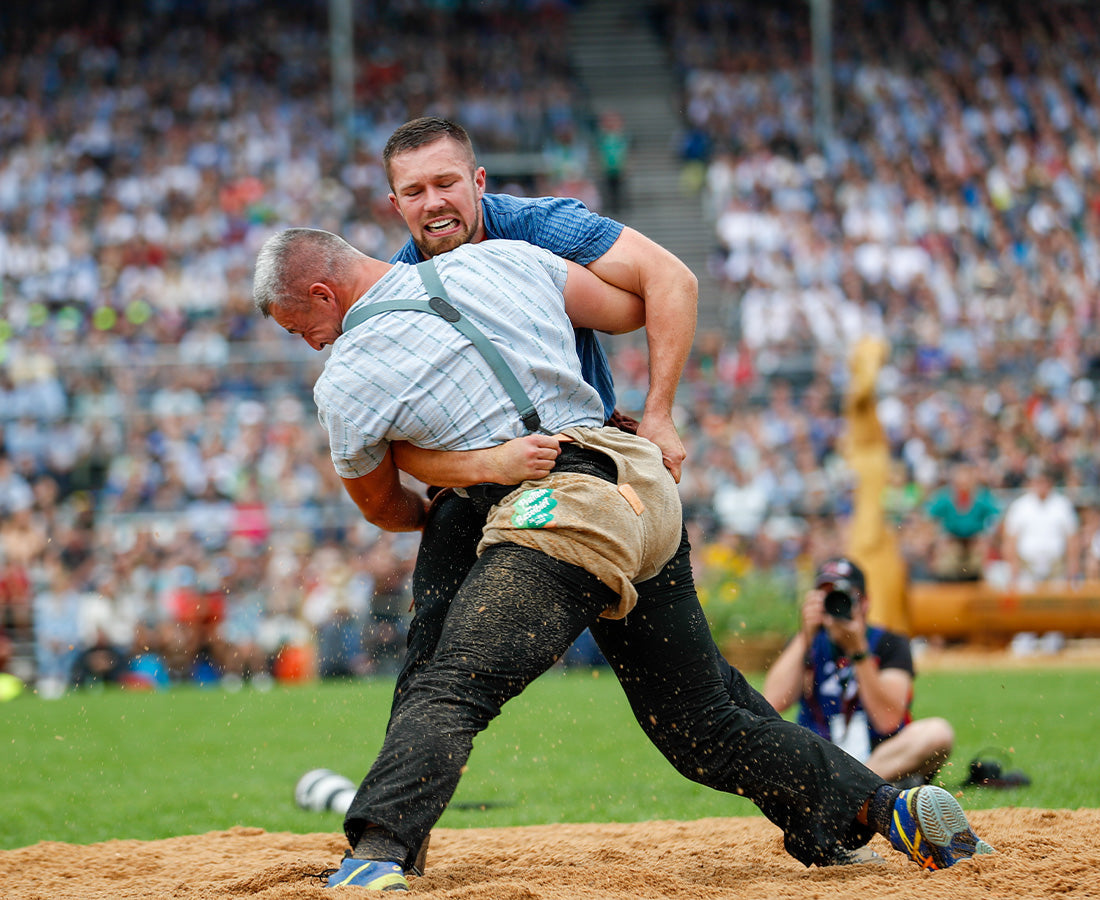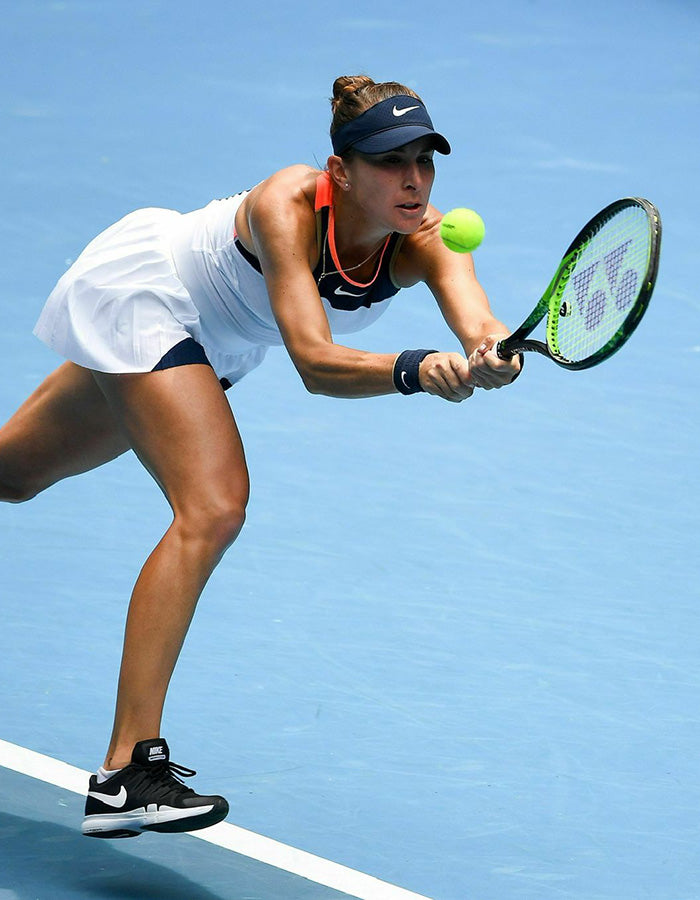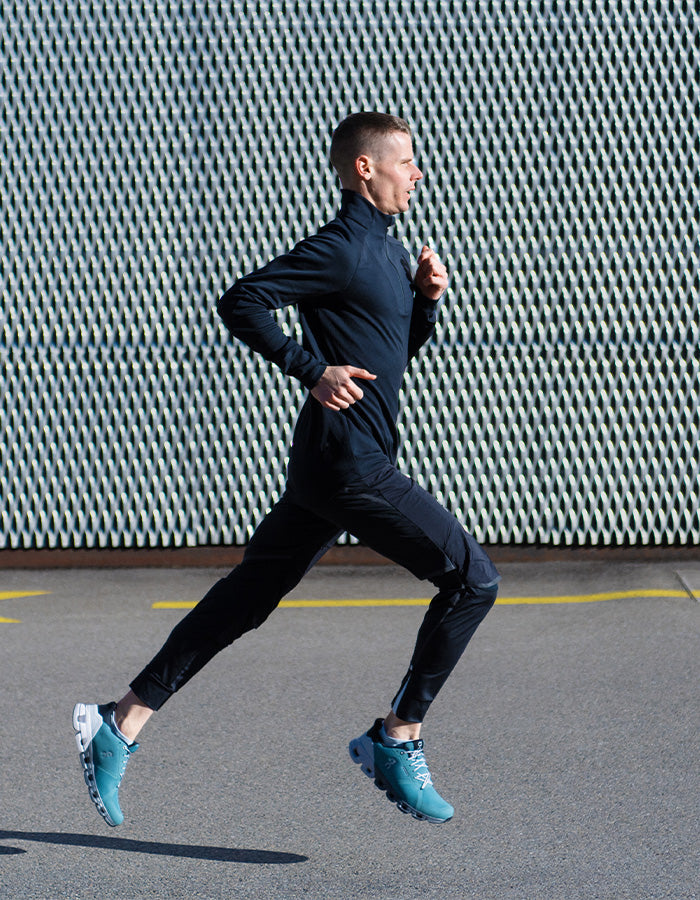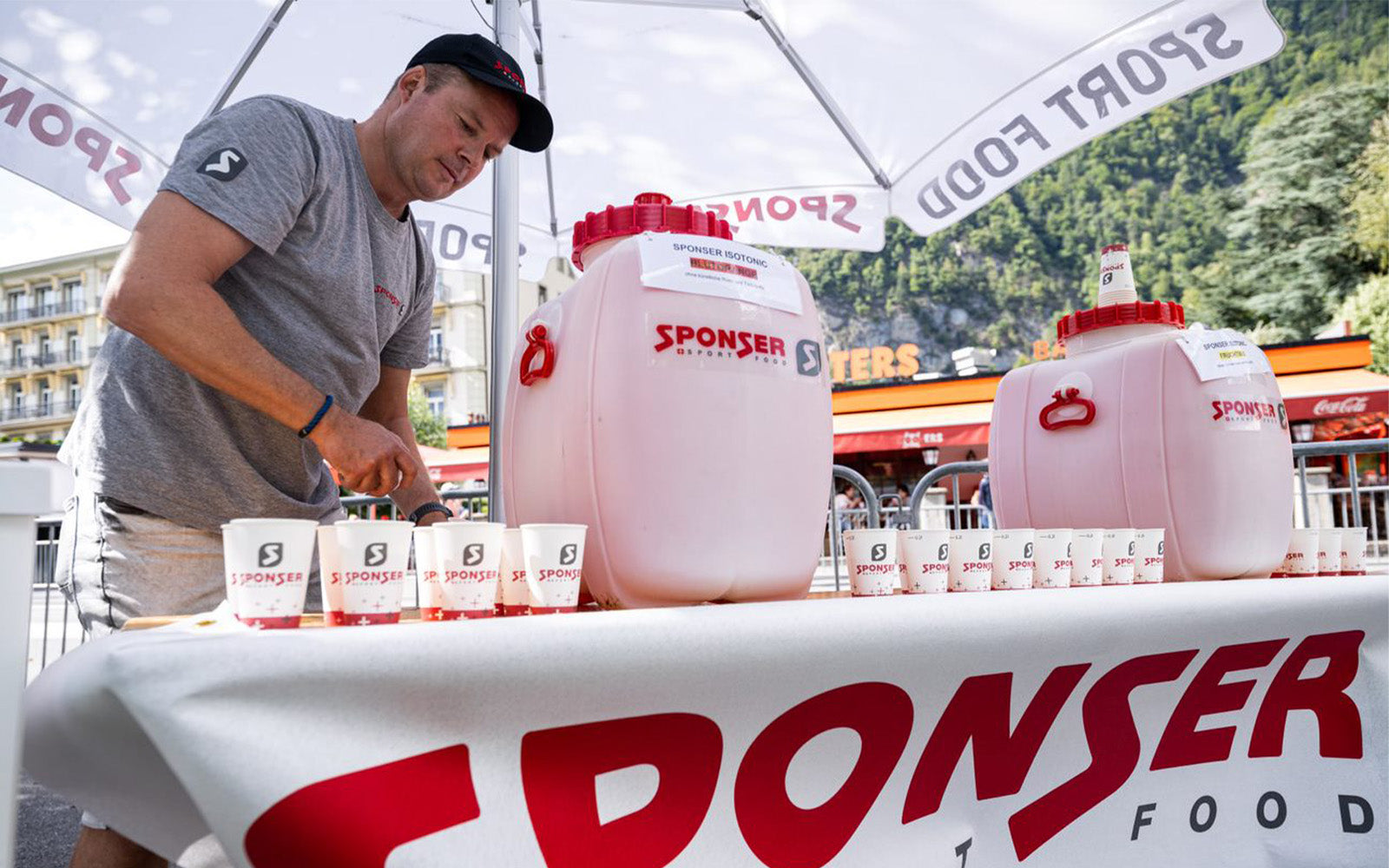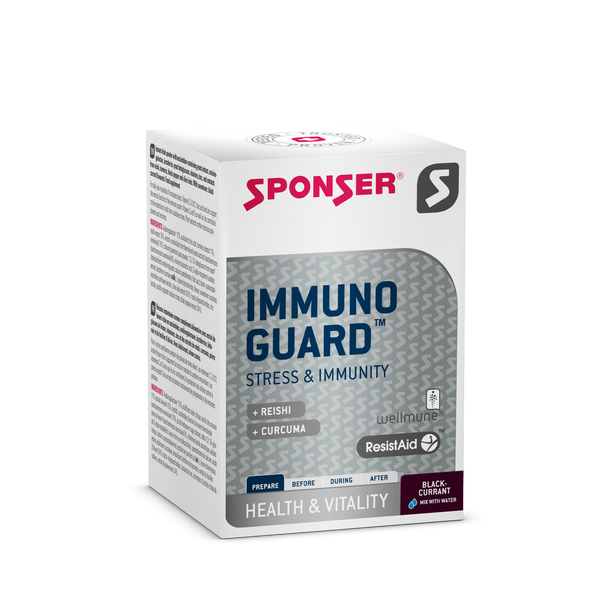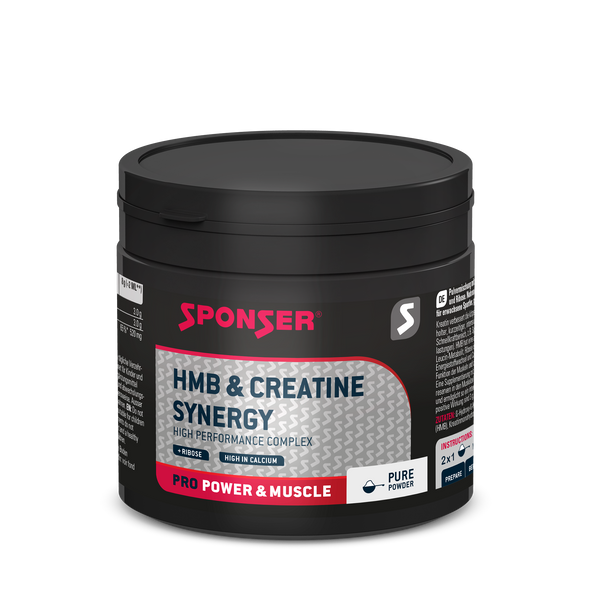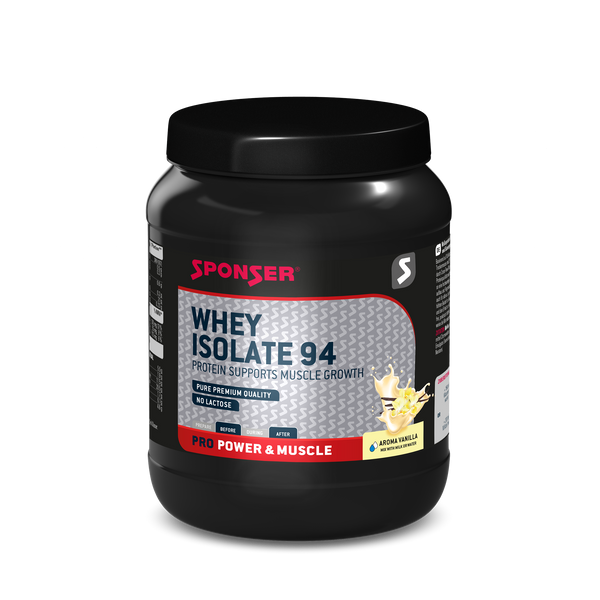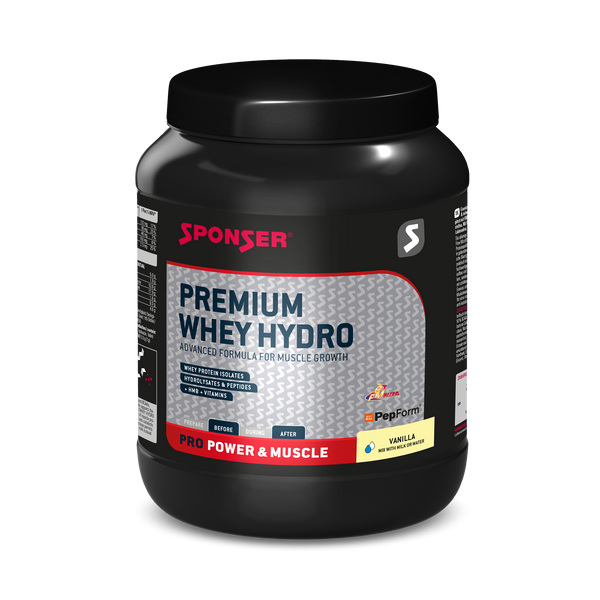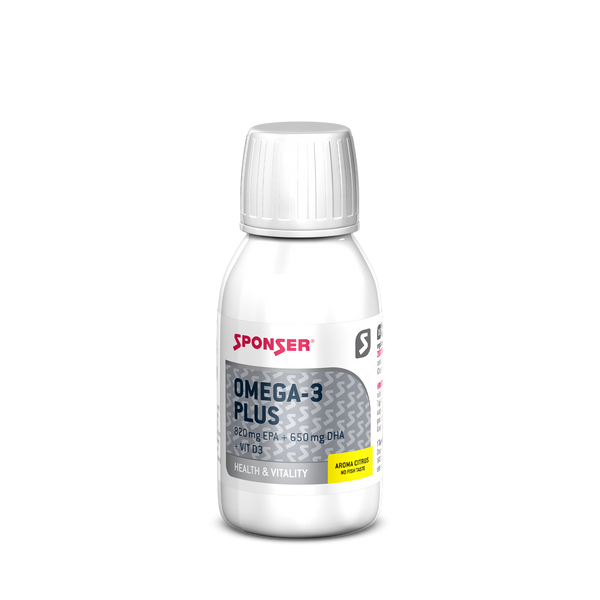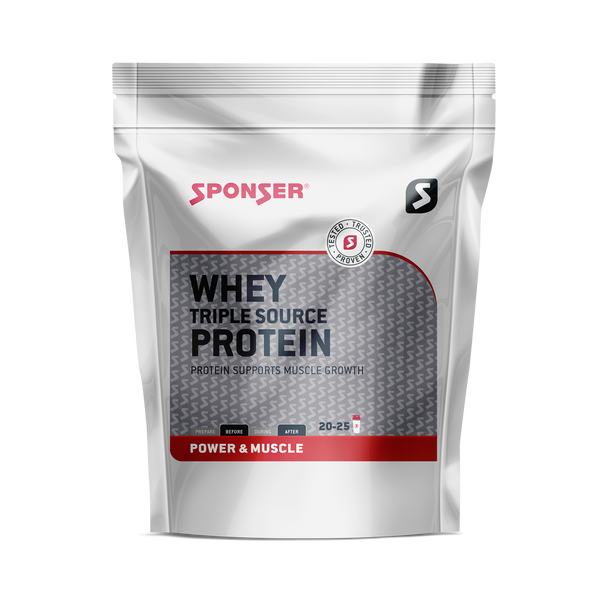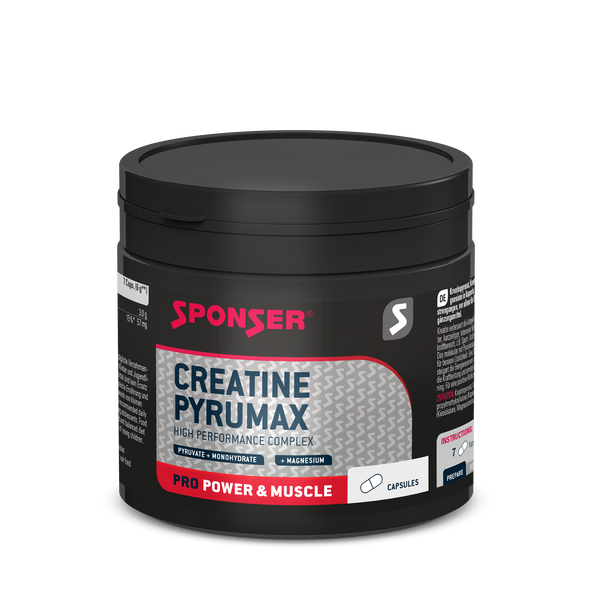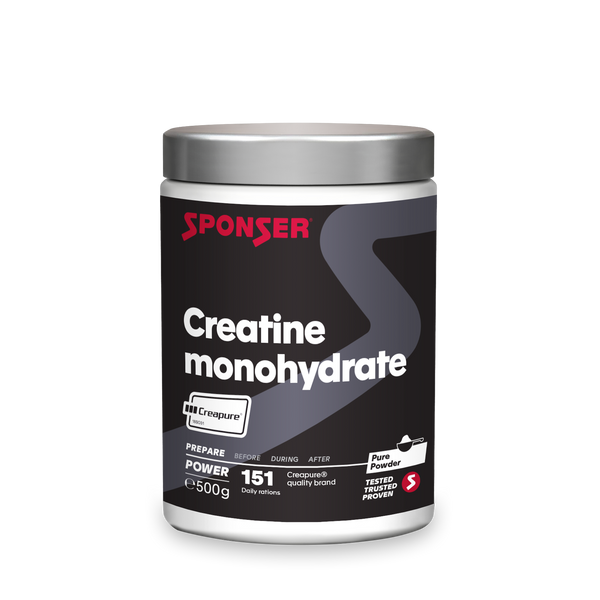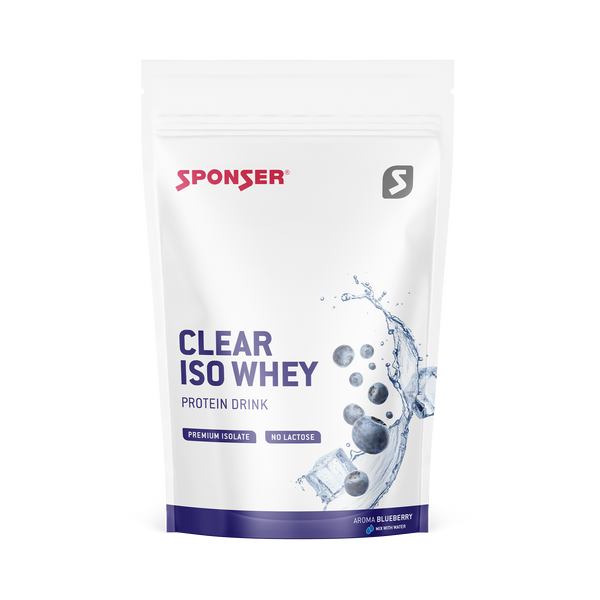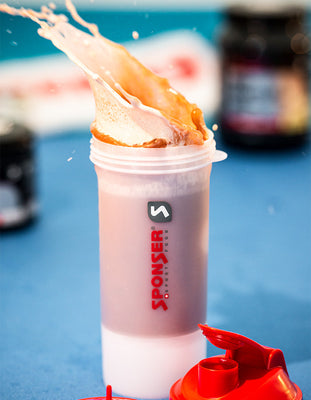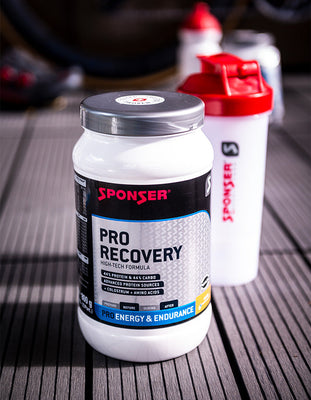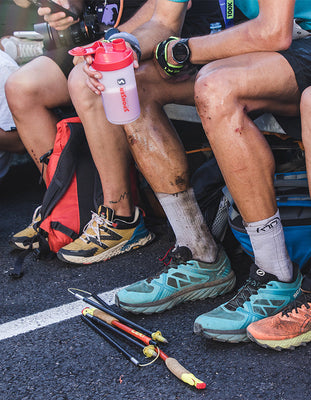
Photo credit: Steward Masweneng/Pixabay
Support recovery with targeted nutrition
In general, nutrition is a key component in counteracting the negative effects of a stress-induced injury, whereby the type and severity of an injury plays a role, of course. Science has shown that protein and creatine, but also omega-3 fatty acids, can contribute to improved recovery from muscular injuries (Tipton 2015). The basic recommendation during recovery from an injury is to eat a varied and natural diet with minimally processed foods. To ensure a sufficient protein intake from the diet, i.e. 2-2.5 g protein per kg body weight, protein-containing foods should be included in both the main meals and in-between snacks, in order to support muscle mass maintenance. WHEY ISOLATE 94, CLEAR ISO WHEY, WHEY TRIPLE SOURCE PROTEIN and various PROTEIN BARS from the SPONSER® range are suitable for this.
Creatine supplementation during rehabilitation after immobilisation
According to Tipton, creatine supplementation is also recommended during rehabilitation after immobilisation in order to better stimulate muscle growth. SPONSER® offers creatine in pure form as CREATINE MONOHYDRATE or in capsules under CREATINE PYRUMAX and also has two products with HMB (hydroxymethyl butyrate) in its range. HMB as a leucine metabolite has an anti-catabolic function and is therefore of particular importance for muscle maintenance during immobilisation: HMB & CREATINE SYNERGY and PREMIUM WHEY HYDRO. Because omega-3 fatty acids are considered anti-inflammatory and immunomodulatory, they also offer a promising advantage in rehabilitation after injury. There are other micronutrients that can be considered relevant, such as vitamin D and calcium after bone fractures or surgery. SPONSER® recommends OMEGA-3 PLUS, an omega-3 fatty acid oil with vitamin D, and IMMUNOGUARD, a comprehensive micronutrient supplement.
In summary, it is recommended to support convalescence with the following measures:
• Increase protein intake to 2-2.5 g/kg body weight to compensate for muscle loss, especially when the degree of immobilisation is high.
• Pay attention to energy balance and prioritise protein intake if appetite is poor.
• Consider supplementing with creatine for rapid recovery of muscle function.
• Take omega-3 fatty acids.
• Ensure adequate vitamin D and calcium intake in case of bone fractures.
Literature
Tipton, Kevin D. (2015): Nutritional Support for Exercise-Induced Injuries, in: Sports Med. 2015; 45: 93–104.
Author: Remo Jutzeler
Head R&D SPONSER SPORT FOOD
Ing. Applied Food Sciences UAS
MAS Nutrition & Health ETHZ
